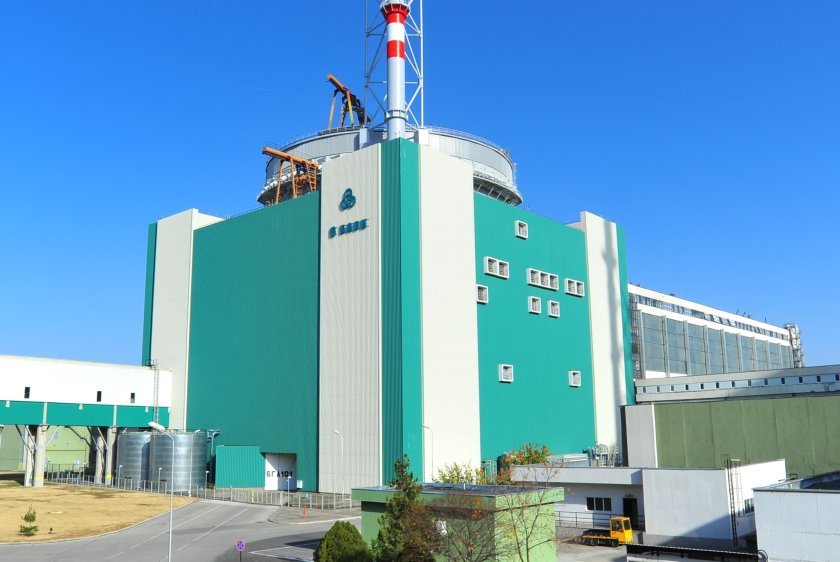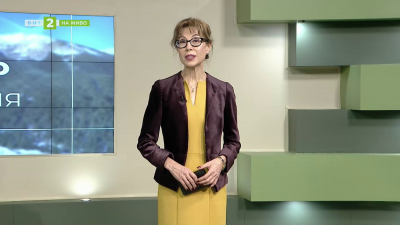Kozloduy NPP starts licensing new nuclear fuel on Friday

Kozloduy Nuclear Power Plant (NPP) on Friday will start the licensing process for nuclear fuel supply from Westinghouse, Energy Minister, Rumen Radev, said on July 18 during question time in Parliament. He responded to questions from an MP of the Bulgarian Socialist Party and former energy minister, Dragomir Stoynev, whether fuel supplies for Bulgaria’s only power plant have been secured.
"Kozloduy NPP has a contract in force for the supply of nuclear fuel with the Russian company TVEL until the spring of 2024 for the fifth unit and until 2035 for the sixth unit. On 9 November 2022, a contract for the supply of non-Russian fuel was signed with Westinghouse and, more precisely, with its Swedish subsidiary. The first delivery is expected next year in April, the first refuelling in May, provided the Nuclear Regulatory Agency issues a permit," the energy minister explained.
He said this way two independent nuclear fuel supply channels are ensured. The minister did not answer Dragomir Stoynev's further question about what would happen if the Nuclear Regulatory Agency did not approve the alternative fuel on time.
The Ministry of Energy's inspection in the state-owned company Bulgargaz is continuing in relation to an agreement signed with the Turkish company Botas last year.
"I would urge everyone to familiarise themselves with the content of the agreement, this can be done in the office of Bulgargaz. I have no intention to conceal any actions. However, the agreement is classified as ‘trade secret’," the minister explained.
He also has concerns that the agreement is for a long period of time - until the end of 2035. Radev further explained that it can be renegotiated. The minister did not comment on the quantities of natural gas to be supplied, nor on what exactly the agreement stipulates.
The energy minister also commented on how far the negotiations with the European Commission on saving the Maritsa basin had reached.
"The European Commission notes the proposals for changes that would be alternatives with a similar effect. This recommendation is justified because the investments under the Recovery and Resilience Plan pursue the decarbonisation of the economy. This was reconfirmed in March this year," Radev explained.
However, the minister did not say what measures would be proposed.
"Literally right now we are working very actively on the energy balance, this process is extremely focused on modelling the plan," the minister said.
Get the latest news wherever you are!
Follow us on
Facebook
and
Instagram
Follow BNT’s YouTube channel
You can now also watch us on
TikTok
Find us on
Google News























